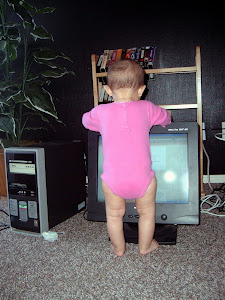Can a Chinese person be tone deaf?
Absolutely: if you had ever attended a Karaoke party among Chinese speaking people, you would never ask that.
But how can a person who is tone deaf speak Chinese?
You'd be surprised how often I hear this. Most of the time it's probably meant as a joke, but deep down the asker really does wonder. Most people know that Mandarin and Cantonese are both tonal languages. Many think that each different tone represents a different note on the scale. The truth is, Chinese tones have very little to do with notes at all.
Think of the term tone more like tone-of-voice as in "don't take that tone with me young lady." There are five tones in mandarin: two clear tones; and two spoken tones and one non-tone (it varies from sentence to sentence. The first tone is a high clear tone; it is the one that sounds like a sung note. But it doesn't actually correlate to any note in particular; it is simply a held out note somewhere in the upper part of the voice. So depending on how high or low a voice is, the actual note can be very different from person to person. The second tone is the other clear tone, and it is a sort of swoop upwards. It is a bit like a person was trying to sing a note, but started out flat and so had to swoop up to find it. The third tone is voiced, and is just a little wiggle at the bottom of the voice. And then the fourth is the explosive. It goes down, very quickly, and explosively. Think of it the same as the quick abrupt way an English speaker might say “Hey!”
With each tone, there really isn’t much movement because of the speed at which it is spoken. In my opinion, Chinese actually doesn’t have any more tonal movement than English. But it sounds more musical than English because it is quick; each word changes independently and rapidly, instead of the more smooth transitions of English sentences.

